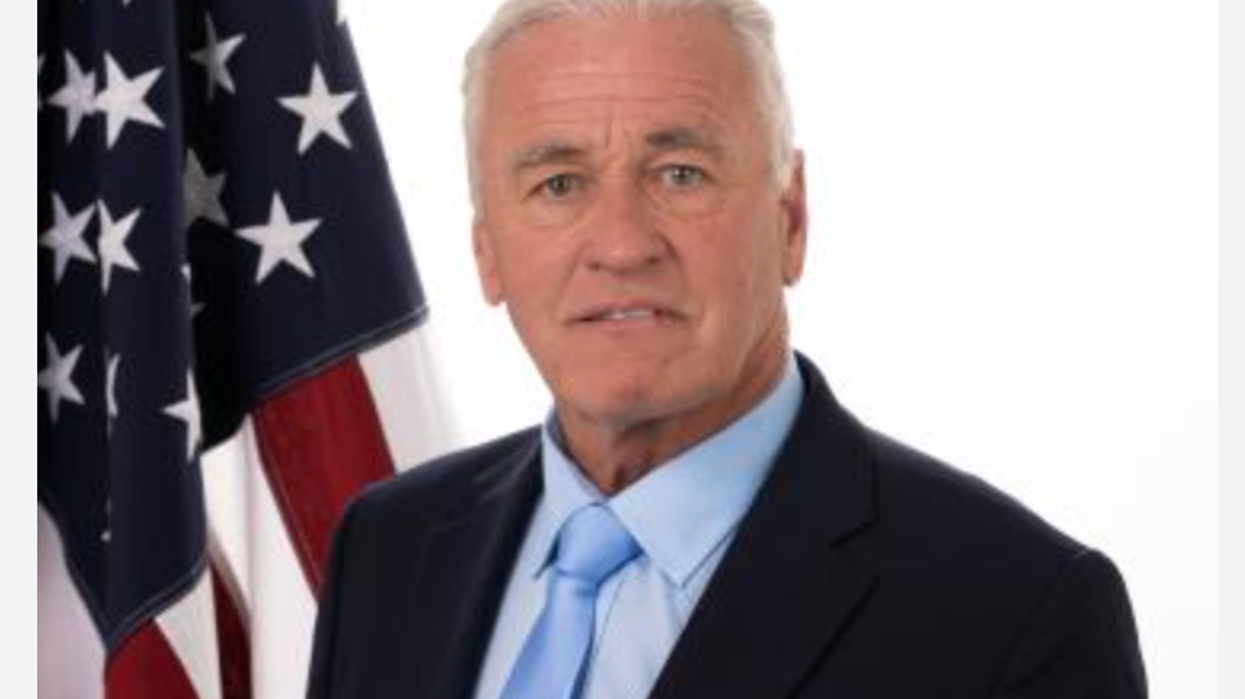Bad Advice: What Kennedy's New MAHA Food Guidelines Ignore
Robert F. Kennedy Jr. wants Americans to eat more red meat and guzzle more whole milk. Stone age advice from the stone age nutrition expert.
I suspect financially pressed consumers will take their cues not from the national nutrition guidelines that Kennedy released today, but from the supermarket, where ground beef prices have risen 59.1 percent in the past decade, nearly twice as fast as the overall consumer price index. As for the occasional rib eye? Fuhgeddaboudit.
Milk is a more complicated story. Over the past half century, per capita milk consumption plunged more than 40 percent. Children are a shrinking share of the population, plus there has been a proliferation of soda pop, energy drinks, and other fluid alternatives lining grocery store shelves.
But that doesn’t mean Americans aren’t getting their fair share of milk solids. Total per capita consumption actually rose since the 1970s as more cheese and yogurt entered U.S. diets, accompanied by high levels of of salt and sugar, respectively. A switch to more liquid milk — whole, low-fat or non-fat — would be a healthier alternative, although it, too, has seen large price spikes in recent years discouraging consumption, especially for brands that advertise that they are produced by pasture-raised and antibiotic-free cows.
Kennedy delayed releasing the guidelines, which are updated every five years, until today because he dismissed the report issued last March by a 20-person scientific advisory panel, which he accused of being industry-dominated. The new guidelines rejected some of their advice, notably its long-standing calls to limit saturated fats and alcohol in the diet, and favor plant-based foods.
Clearly, the conflicts of interest on the previous committee didn’t include the Cattlemen’s Association or the numerous alcohol and bar trade groups that will benefit from the new guidelines, which recommend eating more protein and rejected specific limits on alcohol consumption. They did advise limiting sugar and salt — longstanding recommendations — and, for the first time, called for avoiding processed foods. It was only this latter recommendation that drew praise from experts, who have long lamented over-consumption of the nutritionally disastrous packaged foods that are produced in the industrial kitchens of the nation’s food manufacturing industry.
“The American Medical Association applauds the administration’s new dietary guidelines for spotlighting the highly processed foods, sugar-sweetened beverages, and excess sodium that fuel heart disease, diabetes, obesity, and other chronic illnesses,” AMA president Bobby Mukkamala said in a statement. “The guidelines affirm that food is medicine and offer clear direction patients and physicians can use to improve health.”
The recommendation to limit highly processed foods is “the one good thing” about the new guidelines, Marion Nestle, a nutrition expert at New York University, told StatNews. The recommendation is “clear, straightforward (and) supported by science.”
But Nestle attacked the guidelines’ promotion of increased consumption of protein. “These guidelines recommend heavily meat-based diets — protein is a euphemism for meat,” she said. “Eating protein from plant sources is healthier than eating it from animal sources.” None on the changes to the old guidelines included references to scientific studies justifying the administration’s decisions.
Among the more controversial changes will be the change in recommendations regarding alcohol consumption. Previous guidelines called for limiting daily consumption to one drink for women and two drinks for men.
Kennedy also dropped language linking alcohol use to cancer, which has been well-documented in the scientific literature. It is “a win for Big Alcohol,” Mike Marshall, the chief executive of the Alcohol Policy Alliance, told the New York Times. “The thing the industry fears most are consumers educated about the link between cancer and alcohol.”
Big Food’s role
The nutrition guidelines, while addressed to the general public, generally have a larger impact on food manufacturers and processors, who are the ultimate arbiters of what goes into the American diet. But there’s no evidence yet that the Trump administration plans to take that route to enforce any of the new guidelines, which are purely voluntary.
There is a historical precedent for taking regulatory action. It involves disclosure. Since1993 the industry has been required to put nutrition facts labels on packaged foods. This is probably the biggest win for the nutrition advocacy community, which includes the Center for Science in the Public Interest, where (full disclosure) I ran the Integrity in Science project from 2004 to 2009.
If consumers look closely, they can now find accurate information about each package’s fat, salt, sugar and carbohydrate content. A recent survey found four in five grocery shoppers read the nutrition fact boxes, although only one in six find the information trustworthy. Large majorities want more data about the processing of food, its potential allergens, and the sustainability of the ingredients in the package.
Unfortunately, the fact boxes miss the fastest growing component of U.S. food consumption: Restaurant meals, which are significantly less healthy than home-cooked meals. Over the past half century, restaurants nearly doubled their share of households’ “grocery and restaurant” spend (it would be higher now than the 2017-18 date in the chart below) and now account for fully a third of annual caloric intake, according to a 2024 survey by the U.S. Agriculture Department’s Economic Research Service.

The survey also revealed that restaurant foods — half of which were consumed at fast-food restaurants — contained far more sodium and refined grains than foods consumed at home, where consumption of those two elements is already 50% higher than the previous guidelines’ recommendations. Restaurants, like homes, serve far fewer vegetables, fruits and non-animal proteins than recommended by the dietary guidelines.
Not that consumers would know. Food labeling at restaurants only began in 2018 and only affects chain restaurants with 20 or more locations. Disclosure is limited to calorie counts for standard menu items. Additional nutrition details — such as total fat, saturated fat, trans fat, cholesterol, sodium, total carbohydrates, sugars, fiber, and protein — is only provided if a customer asks for it in writing.
I’ll leave the last word on today’s guidelines release to Elizabeth Kucinich, the wife of the former Ohio Congressman who is a fierce advocate for better nutrition. Her substack post castigated the new guidelines. This excerpt is long, but is worth reading:
The guidelines promote increased consumption of meat and dairy while remaining almost entirely silent on how those foods are produced, what they contain, and whether our land, water, animals, and bodies can bear the cost. Nutrition is treated as an abstraction, divorced from agricultural reality.
This is not a minor oversight. It is the central failure of the document.
In the United States today, the overwhelming majority of meat, eggs, and dairy come from highly intensive industrial systems. These systems rely on confinement, routine drug use, chemically saturated feed, and enormous waste burdens. Animals are routinely administered antibiotics, hormones, beta agonists, coccidiostats, and other pharmaceutical agents, many of which accumulate in animal tissues and enter the human food supply.
What is also missing from the guidelines is any acknowledgment that most U.S. meat production depends on a chemically intensive feed system built on genetically engineered corn and soy. These crops are routinely treated with glyphosate and other herbicides, fungicides, and insecticides. Residues move through the feed supply and into animal tissues, manure, soil, air, and water. Recommending increased consumption of animal foods without acknowledging this reality divorces nutrition guidance from the actual conditions under which American food is produced.
This omission places the guidelines in direct tension with the stated goals of the Make America Healthy Again agenda. You cannot reduce chronic disease, chemical exposure, or environmental harm while promoting dietary patterns that rely on genetically engineered feed, pervasive herbicide use, and pharmaceutical dependent animal production systems. Health policy that ignores these realities is not reform. It is avoidance.
Merrill Goozner, the former editor of Modern Healthcare, writes about health care and politics at GoozNews.substack.com, where this column first appeared. Please consider subscribing to support his work.
Reprinted with permission from Gooz News












